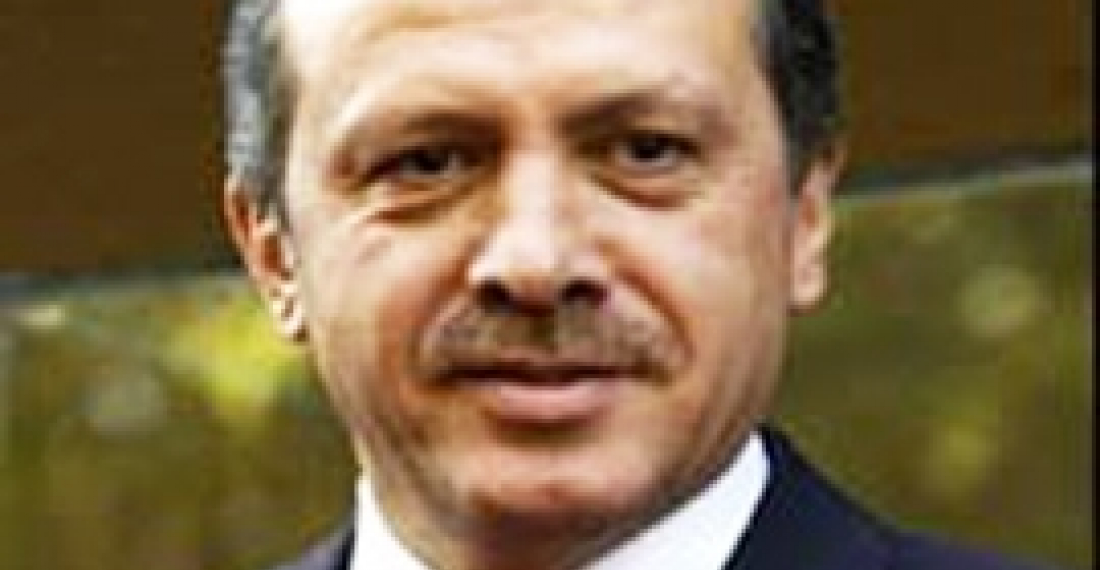Анкара является сторонницей раскрытия архивов для расследования событий 1915 года. Об этом заявил премьер-министр Турции Реджеп Тайип Эрдоган, выступая на проходящей в Стамбуле конференции "Арабское возрождение и мир на Ближнем Востоке", сообщает турецкий телеканал TRT Haber.
"Турция, как государство, всегда готова принять свою историю",- сказал Эрдоган.
Геноцид армян является первым геноцидом ХХ века. Турция традиционно отвергает обвинения в массовом истреблении более полутора миллиона армян в годы Первой мировой войны и крайне болезненно реагирует на критику со стороны Запада по этой проблеме. Факт Геноцида армянского народа признан многими государствами. Первым это в 1965 году сделал Уругвай, примеру которого последовали Россия, Франция, Италия, Германия, Голландия, Бельгия, Польша, Литва, Словакия, Швеция, Швейцария, Греция, Кипр, Ливан, Канада, Венесуэла, Аргентина, 42 штата США. Геноцид армян признали также Ватикан, Европейский парламент, Всемирный совет церквей.
Премьер-министр Турции: Анкара является сторонницей раскрытия архивов для расследования событий 1915 года
Премьер-министр Турции: Анкара является сторонницей раскрытия архивов для расследования событий 1915 года






